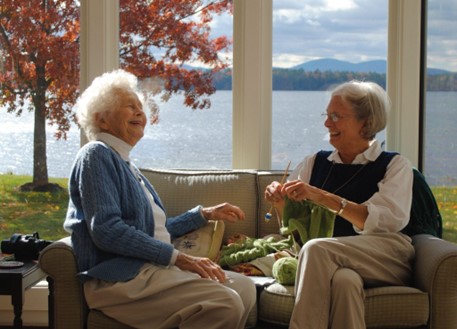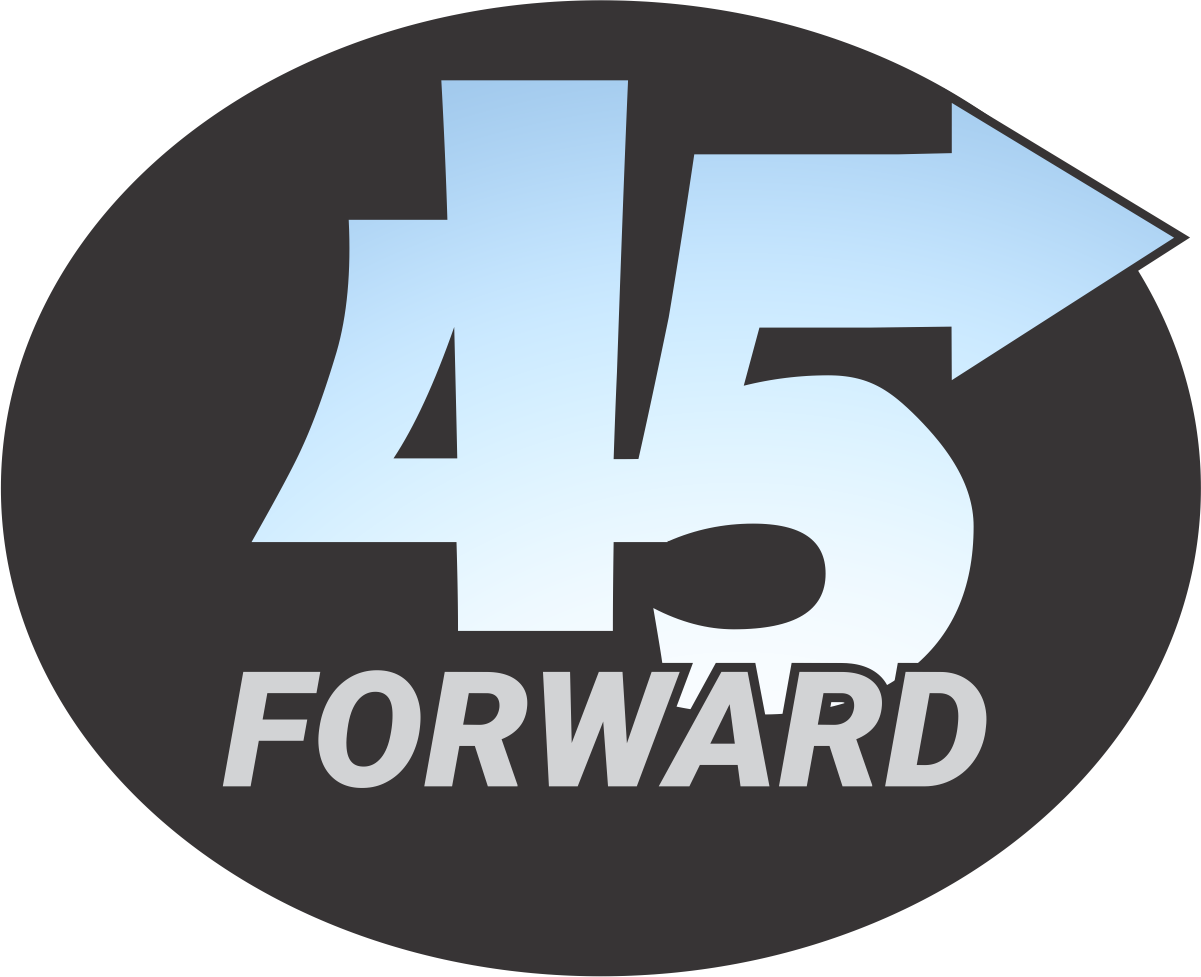Celebrating Older Americans Month—But Who’s “Older” These Days?
Every May is Older Americans Month, an annual observance led by the Administration for Community Living (https://acl.gov/), an agency of the U.S. Department of Health and Human Services whose mission is that “all people, regardless of age or disability, should be able to live independently and participate fully in their communities.”
ACL’s theme for 2023 is “Aging Unbound.” It offers an opportunity, the agency says, “to explore diverse aging experiences,” combating stereotypes and promoting discussion about “how we all benefit when older adults remain engaged, independent, and included.”
The first Older Americans Month was observed 60 years ago, which, I suppose, makes it officially a “Senior Celebration,” since the Centers for Disease Control and Prevention defines an “older adult” as someone who is at least 60 years old. This month-long observance offers a time to highlight the important contributions older adults have made—and continue to make—to the progress and prosperity of the country.
It also addresses the needs and challenges we all face as we age, advocating for policies and programs that support older folks, in addition to fostering intergenerational connections.
Recognizing the value of older people is not just an American phenomenon, of course. Here are some other countries that honor older adults:
· Japan: Respect for the Aged Day (Keiro no Hi) is a national holiday commemorated on the third Monday in September.
· Canada: National Seniors Day is celebrated on October 1st.
· Italy: The Festa della Nona (Grandparents’ Day), which honors older adults, is celebrated on October 2nd.
· United Kingdom: Older People’s Day is celebrated on October 1st.
· China: The Double Ninth Festival (Chongyang Festival is celebrated on the ninth day of the ninth lunar month, which usually falls in October.
While there’s no question that we need to value older adults, I still have a few outstanding questions about what, exactly, being “older” means. As human longevity has increased during the last century, being “old” just ain’t what it used to be. Many people over 65 (I’m one of them) simply don’t think of themselves as old. (Who ’you calling “old”?) We may not have the same pep in our step that we had at 40, but thankfully, we don’t feel old, even as we recognize there are clearly fewer years ahead of us than behind us. So what should we call ourselves?
About two years ago, a website called TheSeniorList.com conducted a survey of more than 600 Americans aged 55+ asking them that question: “What do you want to be called?” The conclusions were interesting and varied, but some general findings emerged:
· Inclusive terms like “older adult” or “mature adult,” which placed people within adult society rather than in a separate class, were the most highly embraced by respondents.
· Traditional labels associated with government assistance, like “senior” or “senior citizen” were preferred by only a small percentage of older adults.
· Terms that might make older adults feel like outsiders, like “the elderly,” “elders” or “golden agers” were highly unpopular.
· A term that focused on lifestyle—“retiree”—performed surprisingly well, although it peaked for respondents around traditional retirement age, with less support among those too young to consider it or long past the age when it was relevant.
While many opinions were consistent across age cohorts, older adults were not a monolith. For instance, the term “older adult” was much more preferred (60% to 20%) by people in their 50s, compared to those in their 80s. And as people aged, opinions were inverted; 60% of people in their 80s actually preferred “senior,” compared to 20% of those in their 20s.
In the end, the survey found no clear-cut choice for a favorite title, which they concluded wasn’t particularly surprising, given that these choices can be deeply personal. Some older people “embrace growing older, others resist mortality, while the very definition of ‘old’ is a matter of perspective.” Both Language and longevity are moving targets, so these terms are likely to continue to evolve. Still, there is one broad survey conclusion worth noting: “Seniors wish to be perceived as people who happened to live a long time—not as a separate segment of society.”
And that brings me back to Older Americans Month.
Certainly, lifting up the contributions of older adults is crucial, but in doing so I also worry that seniors may still be viewed as separate from mainstream society. I know this is not the intent. I realize that honoring older people inherently involves multigenerational recognition and appreciation. At the same time, I also know that one of the keys to healthy longevity is social connection, so I wish there was a stronger emphasis on multigenerational engagement beyond our month-long celebration of older people.
There are several terrific nonprofit organizations that advocate for multigenerational policies and programs across the country, like Generations United https://www.gu.org/), Cogenerate (https://cogenerate.org/) and AARP (https://www.aarp.org/). You can learn more about these programs from some of my previous 45 Forward podcasts with Donna Butts of Generations United (https://roelresources.com/45-forward-episode-9/) and Eunice Lin Nichols of Cogenerate, formerly Encore.org (https://roelresources.com/45-forward-episode-68/). I’ve also been involved as a volunteer, promoting AARP’s Age-Friendly Communities Network (https://tinyurl.com/439ywcef), an initiative well worth checking out.
These organizations do great work. Still, I’ve wondered whether there are any intergenerational months (even days) on America’s annual calendar. The short answer, it seems, is no.
There are, however, a few other countries that have taken the intergenerational plunge.
In Canada, for example, the i2i Intergenerational Society several years ago established June 1st as Intergenerational Day, and it’s now celebrated across the nation. In England, the Intergenerational Foundation, a research and education charity founded in 2011 to promote “intergenerational fairness,” leads the celebration of Intergeneration Month every September.
In Scotland, Generations Working Together (https://generationsworkingtogether.org/) was established in 2007 with funding from the Scottish Government as a national “centre of excellence supporting the development and integration of intergenerational work across Scotland.” On April 24-30, the centre celebrated its latest Global Intergenerational Week, offering events, courses, and activities that brought together participants from 15 countries—including the U.S. Three years earlier, the centre called for Scotland to become the first intergenerational nation, with a manifesto that identified 15 specific calls for action designed to strengthen relationships between generations and ensure that Scotland becomes “more connected and inclusive.”
Now that’s a manifesto I can get behind.
—Ron Roel



